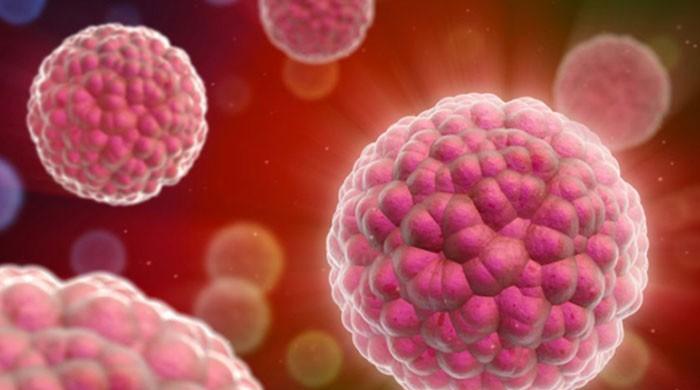Cancer patient’s life saved simply by cutting down on sugar
Scientist say that sugar is one of the worst kind of diets and many are finding out the deep link between cancer and sugary diet
November 28, 2016

According to many scientists, most types of cancers are caused by poor choices such as smoking, tanning beds and not exercising. In short a poor lifestyle.
Scientist say that sugar is one of the worst kind of diets and many are finding out the deep link between cancer and sugary diet.
Now scientists tell us sugar directly influences cancer cells. The amount we consume can either feed those cells or starve them.
In a study conducted at the University of Texas MD Anderson Cancer Center, researchers fed mice diets high in sugar and observed they had a higher incidence in breast and lung cancer.
"We determined that it was specifically fructose, in table sugar and high-fructose corn syrup, ubiquitous within our food system, which was responsible for facilitating lung metastasis and 12-HETE production in breast tumors," co-author Dr. Lorenzo Cohen, professor of Palliative, Rehabilitation, and Integrative Medicine, said.
"We found that sucrose intake in mice comparable to levels of Western diets led to increased tumor growth and metastasis, when compared to a non-sugar starch diet," Dr. Peiying Yang, assistant professor of Palliative, Rehabilitation, and Integrative Medicine, said.
The study suggests a diet high in sugar can contribute to the formation of cancer. It also suggests that diet can make a difference in the treatment of a person who has already been diagnosed with cancer.
Fred Hatfield knows that first hand.
"It just absolutely amazes me that medical science is just now finding this out," he said.
In 2012 he received what amounted to a death sentence.
"The doctors gave me three months to live because of widespread metastatic cancer in my skeletal structure," Hatfield said. "Three months. Three different doctors told me that same thing."
His wife Gloria recalls getting the news.
"It's a horrible, horrible feeling to have someone tell you that the person you love only has three months to live and you're not going to be with him anymore," she said.
Then Hatfield heard about a low-sugar diet, called the ketogenic diet, believed to slow cancer in some people. With nothing to lose, he gave it a try, and to his astonishment, it worked.
"And the cancer was gone," he said. "Completely."
Hatfield's recovery didn't surprise Dr. Dominic D'Agostino. His team at the University of South Florida discovered mice with highly aggressive metastatic cancer continue living when fed a ketogenic diet.
"We have dramatically increased survival with metabolic therapy," he told CBN News. "So we think it's important to get this information out."
And it's not just lab animals. D'Agostino has seen similar results in humans.
"I've been in correspondence with a number of people and all of them are still alive, despite the odds," he said. "So this is very encouraging."
The ketogenic diet means no sugar and no starchy carbohydrates like bread and pasta, which convert to sugar. D'Agostino says cancer cells love sugar and starch because cancer thrives on the glucose from those foods.
Conversely, removing the glucose results in starvation for the cancer cells. Glucose also fuels our healthy cells, but if it's not there, those cells can switch to an alternate fuel source called ketone bodies.
Cancer cells only run on glucose. D'Agostino says the deficiency in cancer cells can be used to defeat them.
"Your normal cells have the metabolic flexibility to adapt from using glucose to using ketone bodies," he explained. "But cancer cells lack this metabolic flexibility. So we can exploit that."











